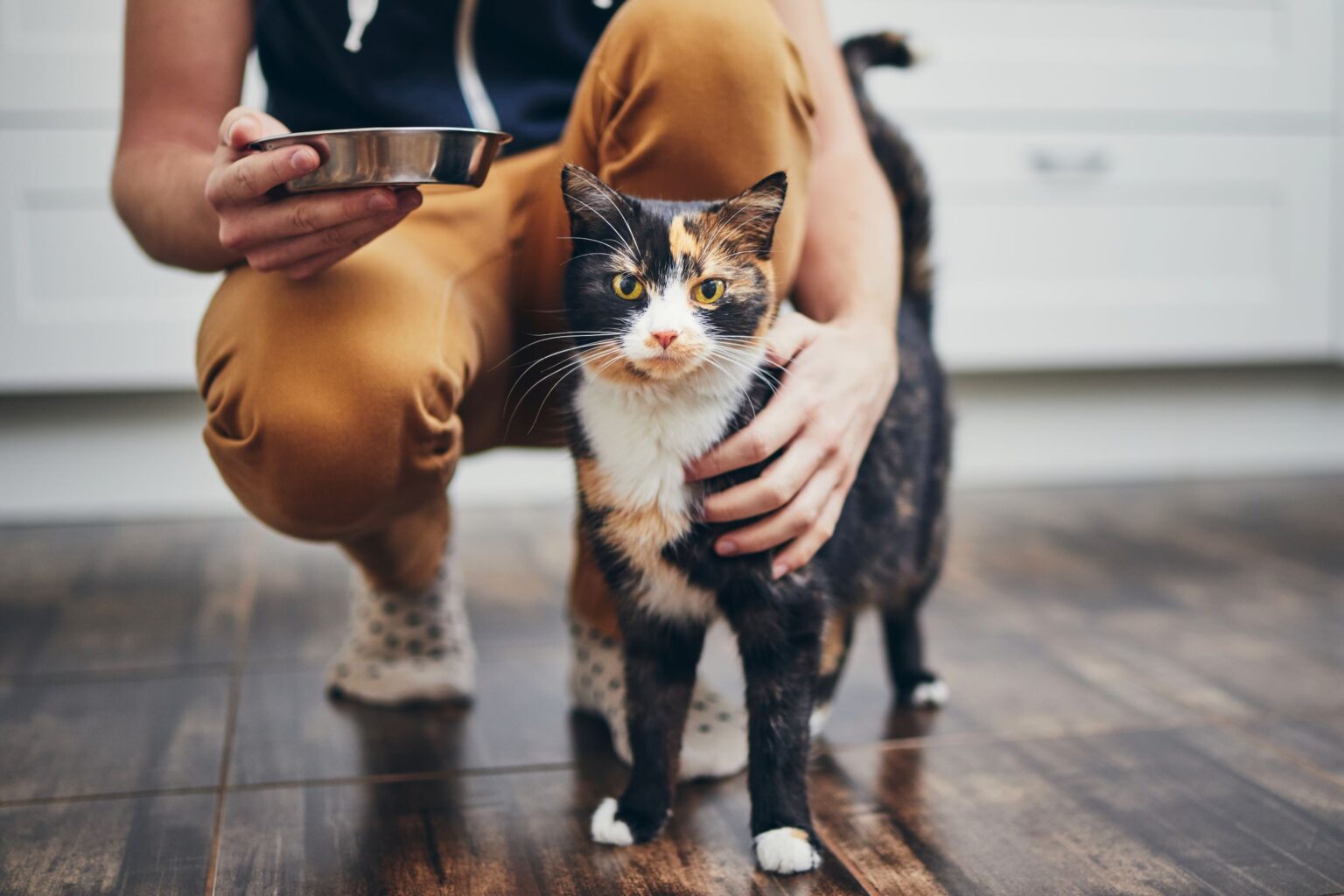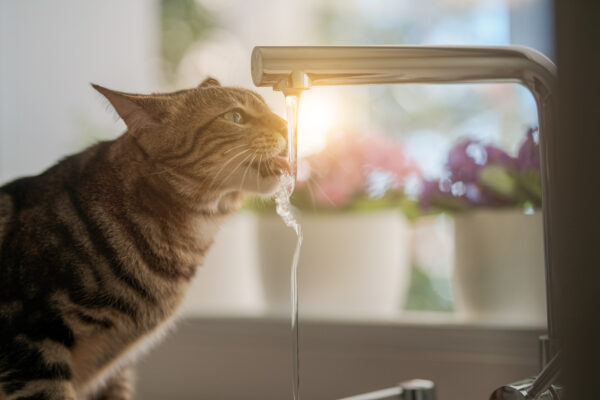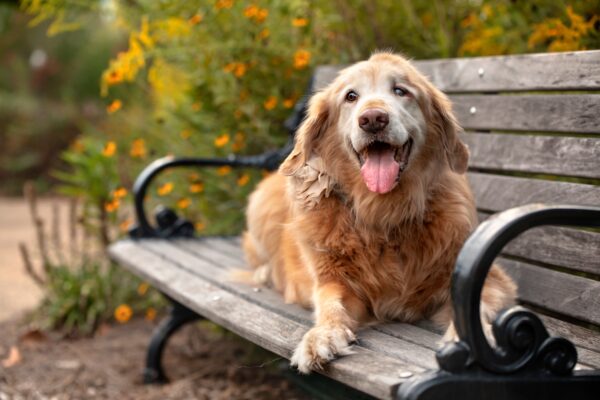Our furry friends are renowned for their hungry habits – but rather than feed your pet leftovers or share your dinner with them, it’s far safer to invest in a good quality pet food and stick to that. Pet parents, take note of this list of popular human foods that you should never feed to your dog or cat.
What not to feed your pet and why
1. Alcohol
Did you know that alcohol is an extremely toxic substance for pets? As little as a tablespoon of alcohol can lead to serious problems, potentially causing severe liver and brain damage as well as placing your dog or cat into a coma.
2. Chocolate
Popular around Easter and Christmas, chocolate can be incredibly poisonous to pets. And although most cats won’t scavenge out chocolate on their own, they can be coaxed by humans who think they are giving the cat a treat. The toxic agent in chocolate is theobromine – it’s in all kinds of chocolate, even white chocolate. The most dangerous kinds, though, are dark chocolate and unsweetened baking chocolate. Eating chocolate can cause abnormal heart rhythm, tremors, seizures, and even death.
3. Coffee, tea, and energy drinks
Caffeine should never be a part of your pet’s diet – it can cause them to become restless, suffer from rapid breathing, heart palpitations, muscle tremors, and seizures. In addition to tea and coffee, including beans and grounds, caffeine can be found in cocoa, chocolate, colas, and stimulant drinks such as Red Bull. It’s also in some cold medicines and painkillers.
4. Dairy products
Like dogs, most cats are lactose intolerant – if they eat dairy products, it can cause vomiting and diarrhoea. Unfortunately, this includes giving your cat a saucer of milk, which could lead to a nasty stomach upset.
5. Fat trimmings, raw meat, raw eggs, and raw fish
If your pet consumes any of these foods, it can cause vomiting, diarrhoea, or a painful condition called pancreatitis (from excessive fat). There is also a risk of Salmonella or E. coli associated with these foods. In addition, raw fish contains an enzyme called thiaminase that breaks down thiamine, an essential B vitamin for your cat; lack of thiamine can cause serious neurological problems such as seizures and a coma.
6. Grapes and raisins
Dogs can suffer acute kidney failure from eating grapes or raisins — and, although toxicity in cats is only anecdotal, we would strongly advise that you keep these foods out of reach of your cat as well.
7. Onions, garlic and chives
All members of the onion family can cause problems, even in powder form. A little bit of onion or garlic in some sauce is not likely to cause any problems. However, eating a clove of garlic or a green onion may cause digestive upset. They could even cause life-threatening anemia because compounds in the food can cause the red blood cells in your pet’s system to break down.
8. Xylitol
This is a sweetener used in a lot of sugar-free foods, especially chewing gum. There are no records of cats becoming ill from xylitol, but in dogs, it can cause a severe drop in blood sugar, which can cause seizures and convulsions, liver failure and even death. It’s better to be safe and not let your pet eat foods that contain this ingredient.
9. Bones
All bones should always be avoided, as they can cause obstructions in your pet’s throat, stomach, or intestines. But cooked bones are particularly dangerous because they are prone to splintering, which can cause serious internal injuries.
10. Liver
Some people love to fry this up and have it as a meal. However, excessively feeding liver to cats can cause vitamin A toxicity, which can lead to abnormal bony growth, osteoporosis, and, in some cases, can be fatal.
11. Avocado
While avocados are full of health benefits for humans, they are very toxic to pets. This is because of a substance called persin, which is found in all parts of the fruit (including the pit and skin) and can cause fluid to accumulate in your pet’s lungs and chest, leading to breathing difficulties and even death.
12. Human medicines
While not technically a food, cats should never be given any human medication – even if you are trying to help them. Products containing ibruprofen or acetaminophen (paracetamol), which are common in pain relief or cold medicines, are extremely dangerous to cats. If you are concerned about your cat’s health, always seek advice from your vet rather than taking matters into your own hands.
Our articles are not a replacement for face-to-face vet advice. It’s important to consult with your vet on a regular basis to raise any pet concerns that you may have.



